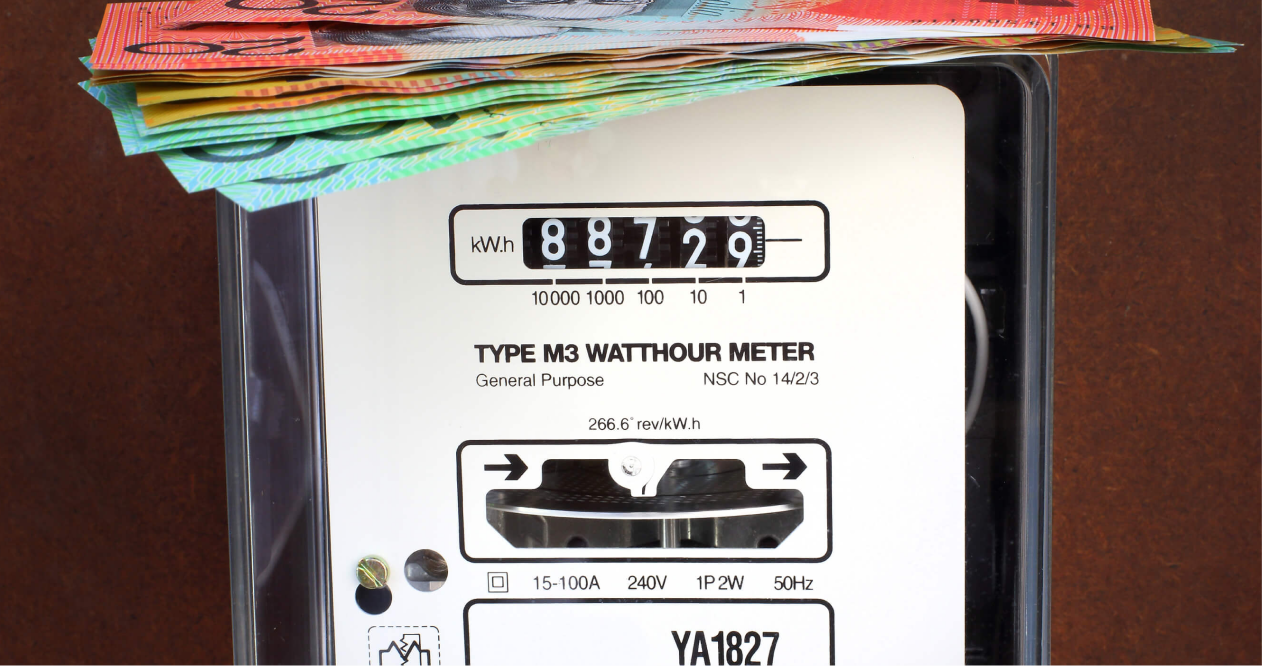Suppose you’re buying a new fleet of vehicles for your business. You’d almost definitely take the time to shop around and make sure you get the best deal possible. A fleet of vehicles is a major purchase for your business – and that means it’s also a major opportunity to save money.
But what about saving on ongoing running costs? Because such savings are incremental, they may seem less important than one-off savings. Yet because ongoing savings add up to big amounts over time, they’re actually equally – if not more – important for improving your bottom line.
So, what are the low-hanging fruit in terms of repeatedly saving money for your business?
1. Lock in savings on energy bills and other utilities
We can’t over-emphasise how important it is to get the best deal possible on utility bills like electricity and gas. These often make up a hefty share of a business’ running costs, so saving even one cent per kilowatt hour on electricity will soon add up to a sizeable reduction in overheads. The Australian energy market has been highly volatile over the past couple of years, so when it looks like prices are about to head skywards (as it does right now), it pays to lock in lower utility rates with a longer term fixed-price contract.
2. Make your premises as cost-efficient as possible
Because buildings are the source of many overheads, whatever you can do to make your premises as cost-efficient as possible will pay off big time. Lease and rental payments are typically a big contributor to premise costs, so if you can find a cheaper space that still meets your needs, the cost of a one-off move may pay off in long-term savings. When making such decisions, you should consider factors like how important the location of your premises is to your business model. For example, does your business need to be situated on expensive land near the city centre, or could you just as easily operate from the outskirts? And do you actually need a physical office, or could most of your work be done remotely? Another premise-related consideration is energy efficiency. Are you paying to heat air that literally vanishes through a poorly insulated ceiling and walls? If so, do something about it.
3. Outsource your admin
Your employees are most probably core to your business’ competitive advantage. But to keep your team lean and minimise what you pay in wages, you should consider outsourcing your admin. Repetitive tasks like payroll can be performed by software, and outsourcing to experts in areas like accounting and market comparisons can not only reduce your wage bill, but also lead to savings on other overheads.
4. Insure you get the best insurance deal
Insurance protects your business in times of financial turmoil, so we don’t recommend going without it. But we do recommend reviewing your insurance policy regularly to insure you’re not paying too much. Your business will likely need multiple types of insurance – property, general liability, professional liability, business interruption, and so on. Bundling your insurance policies is a great way of lowering your monthly premiums.
5. Find the best option for borrowing money
It may seem counterintuitive, but one of the best ways to repeatedly save money is to get a better rate when you borrow money. Few businesses can achieve their goals without the occasional loan. And because loans are paid off over an extended period, they automatically become part of ongoing costs. Therefore, finding the best finance option in terms of interest rates and repayment terms is a sure-fire way to ratchet down your ongoing expenses.
At Zembl, we help businesses buy better. Our dedicated team of experts will find you the best energy rate and the most competitive loan option, saving you time and improving your bottom line.




.png)





.svg)
.svg)